The designation of Argyll and the islands as a repopulation zone could act as a ‘call to action’ to tackle the ongoing issue of losing people from the area.
A major challenge for the community is an ageing and declining population.
According to the National Records of Scotland, Argyll and Bute lost around 5,000 residents (5%) since 1981 and 2,700 (3%) since 2011.
A further drop of 10% is predicted by 2041.
But a lack of affordable housing is preventing job vacancies from being filled to help bring in working-age residents.
Lack of housing for workers is ‘hampering the economy’
It said housing is needed for at least 260 staff across the islands which is hampering the economy, stifling business development and negatively impacting on essential public services.
More than 75% of the 50 businesses which took part said a lack of accommodation impacts on their operations and restricts recruitment and retention of staff.
Helen MacDonald, the trust’s housing development manager, said: “It’s been really obvious in the last few seasons that the lack of staff is directly linked to the lack of housing.
“It’s negatively affecting our economy and it’s across all sectors.”
She said a high school teacher recently left Mull as accommodation could not be found. There are also nursing vacancies in the local hospital.
“I have people contacting me saying they are interested in jobs and moving to Mull but they cannot find anywhere to live.”
She said other problems including fuel poverty, transport issues and lack of childcare add to the challenge.
However, the cost of housing and the lack of it is the main stumbling block for people.
Properties are being snapped up, often without viewing, for second and holiday homes.
Figures from Argyll and Bute Council show average residential property prices rose by 12.5% between 2019-20 and 2021-22 to £194,392 – unaffordable for 76% of local residents.
Need to retain young, working-age people
“Mull has a fairly stable population but an ageing one. People are retiring here because they can afford to and are looking for a lifestyle change.
“What we need to do is retain young, working-age people that are going to work on our essential jobs and services.
“As well as the population decline, we need to address the demographics within the population.
“We need to re-populate, but we need to retain the younger demographic in our islands and rural areas.”
The trust is working with Argyll and Bute Council and others to deliver key worker accommodation and is undertaking a study to assess the economic impact this could have.
She said a multi-pronged approach is needed, along with more local decision-making.
In addition to affordable homes for rent, more controls are required on short-term lets and second homes.
Recent legislation on short-term lets is a “sledgehammer to crack a nut” blanket intervention. It doesn’t recognise the nuances of short-term properties on local economies.
Collaboration needs to be meaningful
Repopulation zone designation could have an impact, she believes: “Collaboration is great, but it needs to be meaningful.
“It needs the people living and working in the communities to feel their voices are being heard and understood.
“Also, any solution has to be bespoke and relevant to that location rather than trying to have a one-size-fits-all fix.”
Andrew Hogan is project manager for the Machrihanish Dunes expansion project in Kintyre.
Vacancies currently exist for chefs, as well as kitchen, bar and housekeeping staff.
He says there is potential for further growth with a new resort planned which could create around 185 full-time posts.
More affordable housing ‘a must’
However, he believes more affordable housing is a must for people moving to the area.
Andrew says that post-Covid and Brexit, the hospitality sector is facing major issues in trying to attract workers during the cost of living crisis.
“I think the government needs to intervene and come up with a solution to this ever-growing problem with all sections of the workforce.
“This is a national emergency and I am wondering when the governments are going to take notice.”
Morag Goodfellow is Highlands and Islands Enterprise (HIE) area manager for Argyll and the Islands area. She said the issue of recruiting and retaining staff is common across the private and public sectors.
“There are vacancies across Argyll and Bute, particularly in tourism and hospitality and construction, as well as in key roles like teachers and health care professionals.
“It’s due to a lack of access to or availability of the right kind of housing.
“The property market here is quite hot. The housing problem is acute in specific parts which have high levels of second homes.
“Second homes in themselves are not bad. They bring people into the area, but it’s all about the balance between the tourism and hospitality sector and ensuring a mix of affordable housing that can support sustainability of communities.”
Small but significant housing projects have been developed in places including Ulva Ferry and Colonsay.
Morag believes designations of repopulation zones could help further.
“Our population challenge is significant, but it doesn’t always get as much attention as it could.
“However, these repopulation zones could effectively act as a call to action to consider at a policy and strategic level to get a real focus on the interventions that I hope would make an impact.”
Argyll and Bute Council also believes a designation could help reverse trends.
Depopulation challenge is ‘a top priority’ for council
An area settlement officer is gathering evidence to present to the Convention of the Highlands and Islands to stimulate action.
Fergus Murray, the council’s head of development and economic growth, said: “We are trying to get an evidence base to work out a plan of action. Do we need to do things differently, or are there new ideas we can try?”
He said investment is being made in digital connections, ferries and social housing to help tackle depopulation.
“The depopulation challenge is a top priority, but one that the council cannot deal with on its own.
“So we are always working with partners and reaching out to government to seek assistance.”
He said it is unclear how new trends, such as people moving to the area during the pandemic and people initially buying second homes, can affect the permanent population.
“It’s more than just housing. That is a major focus, but is the income we can offer high enough so people can compete in the housing market?
“Housing inflation has gone through the roof, but our income levels in rural areas has not.
“We need to have higher quality jobs in our area for people to have more housing choice.
“You can have a lot of housing, but if you don’t have enough people with good jobs to afford it, other people come in because they can afford it.”
He said the council also wants to focus on creating small and micro businesses.
“They become anchored in the community and grow naturally.”
Chief executive Pippa Milne said the council’s “overarching objective” is growing its population. However, she added: “The whole issue feels like trying to run up a down escalator.”
Long-term, sustained effort needed
She agrees there are recruitment challenges across the private and public sectors, with posts hard to fill.
She said there is a need for people with skills, but also services and infrastructure to support them.
It is also important the right type of housing in the right location at the right time.
The possible relocation of public sector posts has been mooted as a way of stimulating rural economies.
Pippa Milne said: “If you don’t have the people to take up the jobs, or they can’t get housing, these things can stack up the wrong way.
“It won’t be one initiative that will fix it. We need long-term sustained effort.”
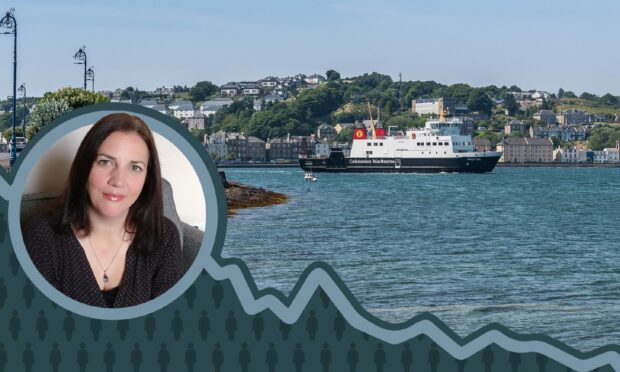
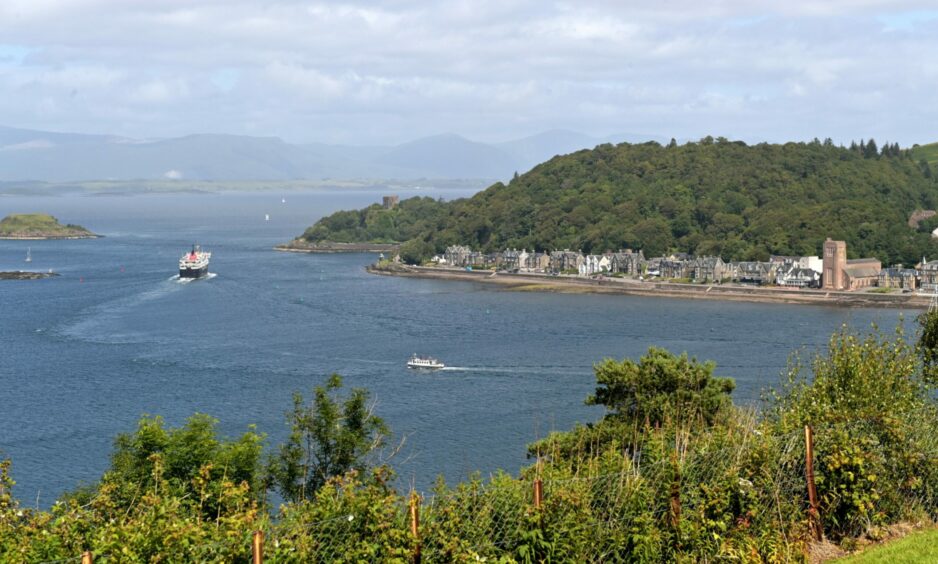
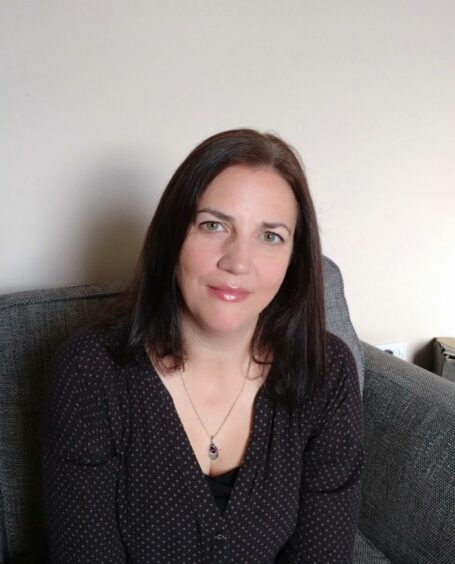
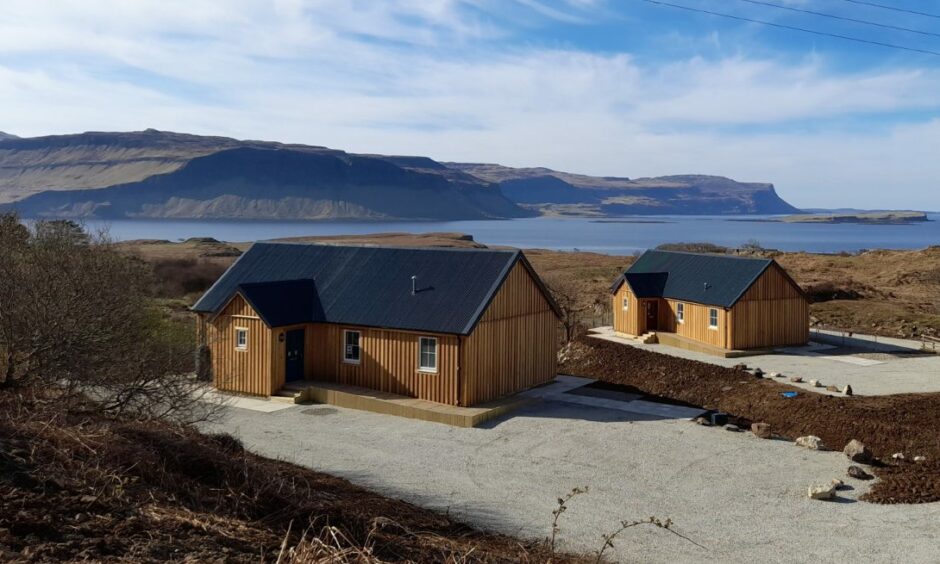
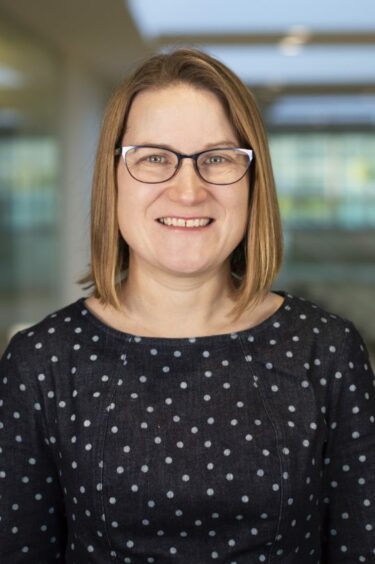
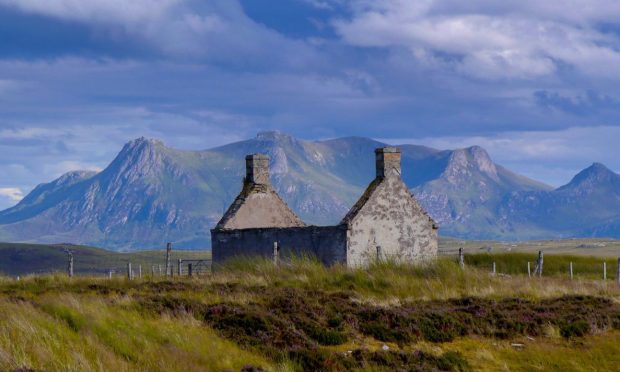
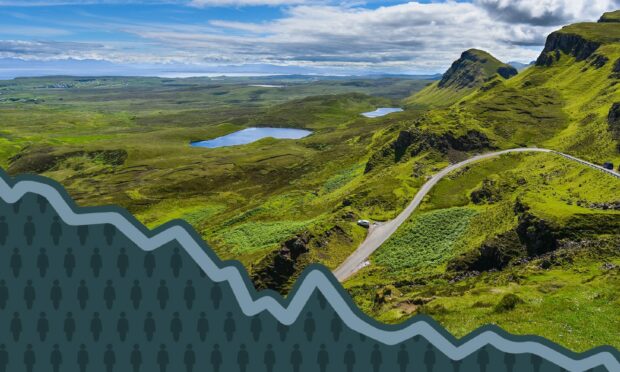
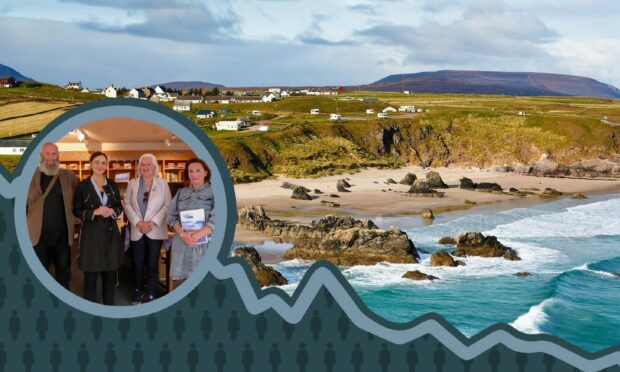
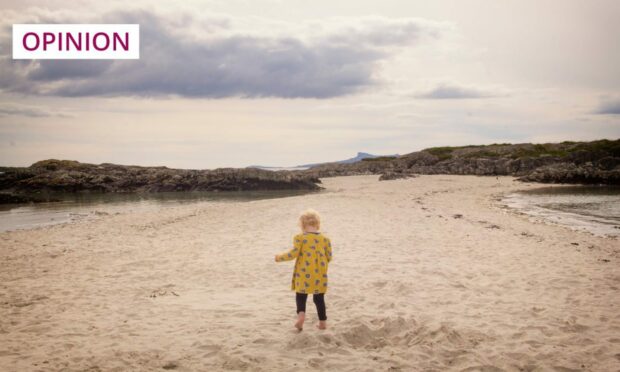
Conversation